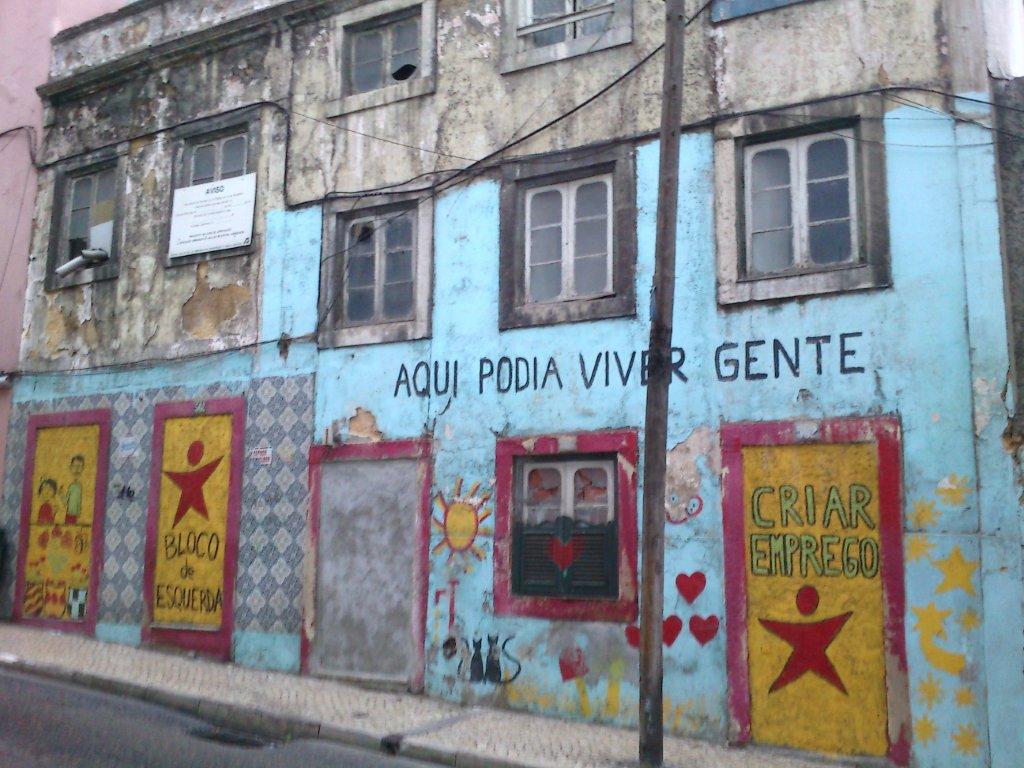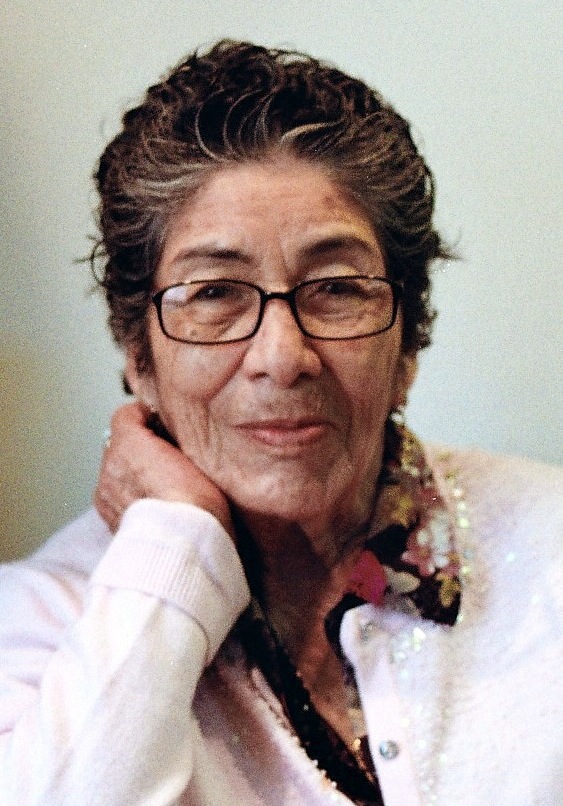If Washingtonians have a patron saint, it’s the late Supreme Court Justice William O. Douglas. The longest-serving Supreme Court Justice, a famous defender of civil liberties, Douglas was a committed environmentalist, who wanted to be remembered for leaving the earth more beautiful.
In February, Texas A&M University’s Transportation Institute dubbed the Washington, D.C. Metropolitan area Number One in the U.S. for traffic. Local drivers fritter away on average sixty-seven hours and thirty-two gallons of gasoline a year in traffic.
I was born in Washington and spent a good part of my childhood in the area. Though I haven’t lived there in years, each time I go “home,” I feel grateful to Justice Douglas for preventing my favorite Washington place, the Chesapeake & Ohio Canal, from becoming just another congested highway.










